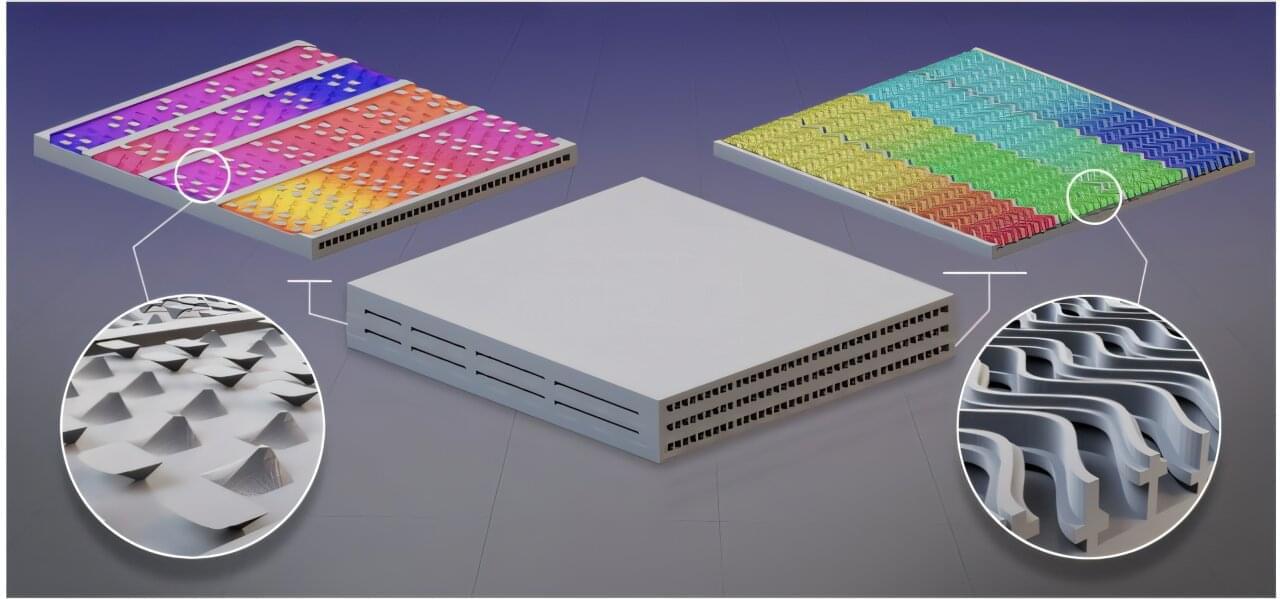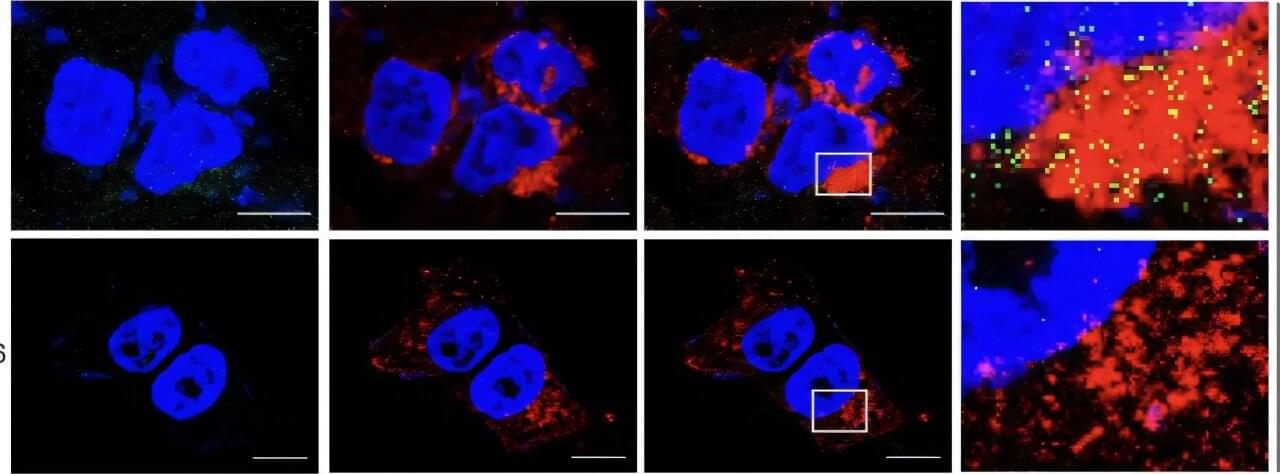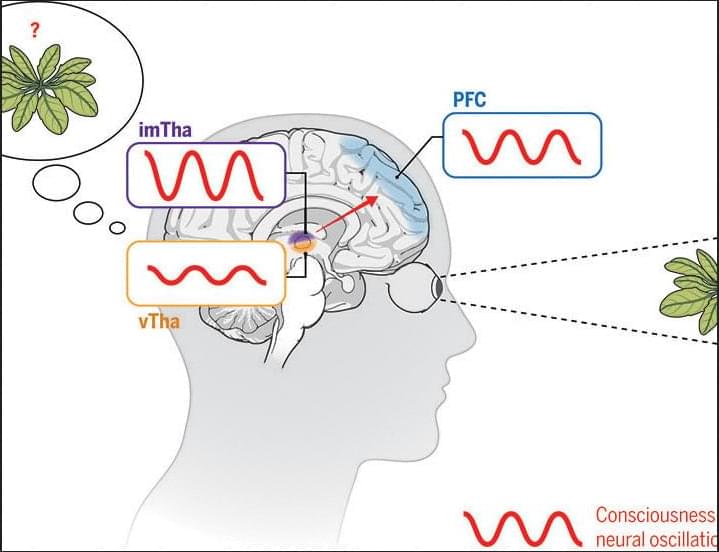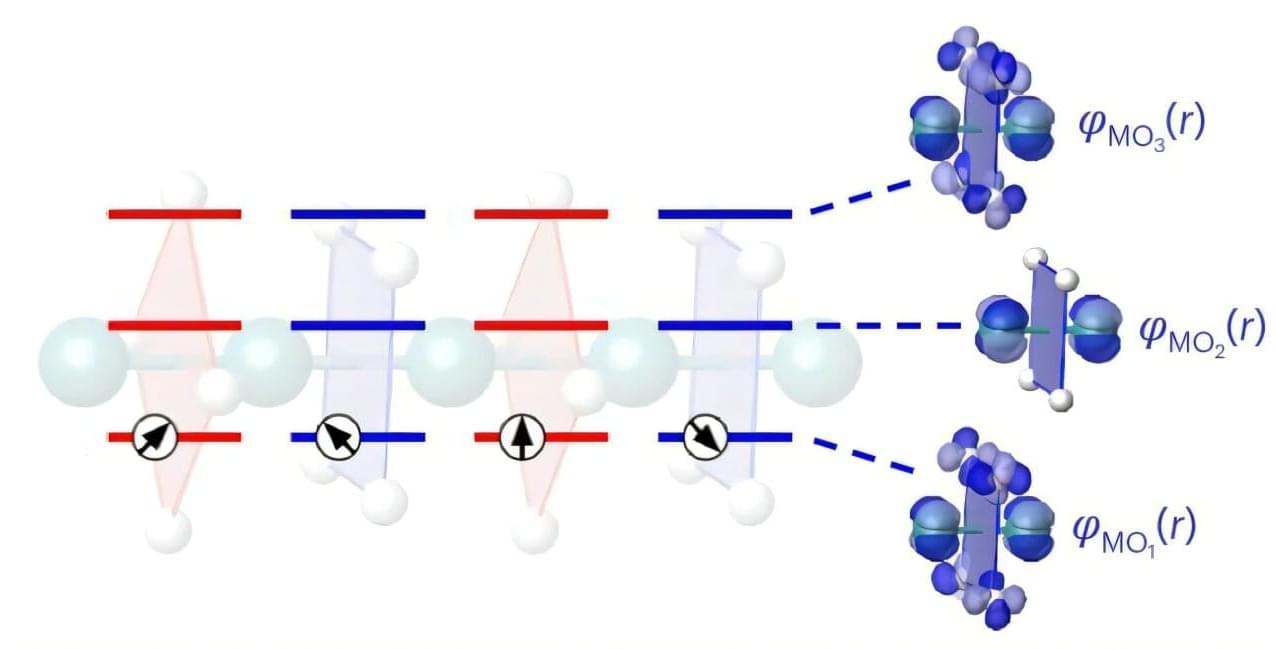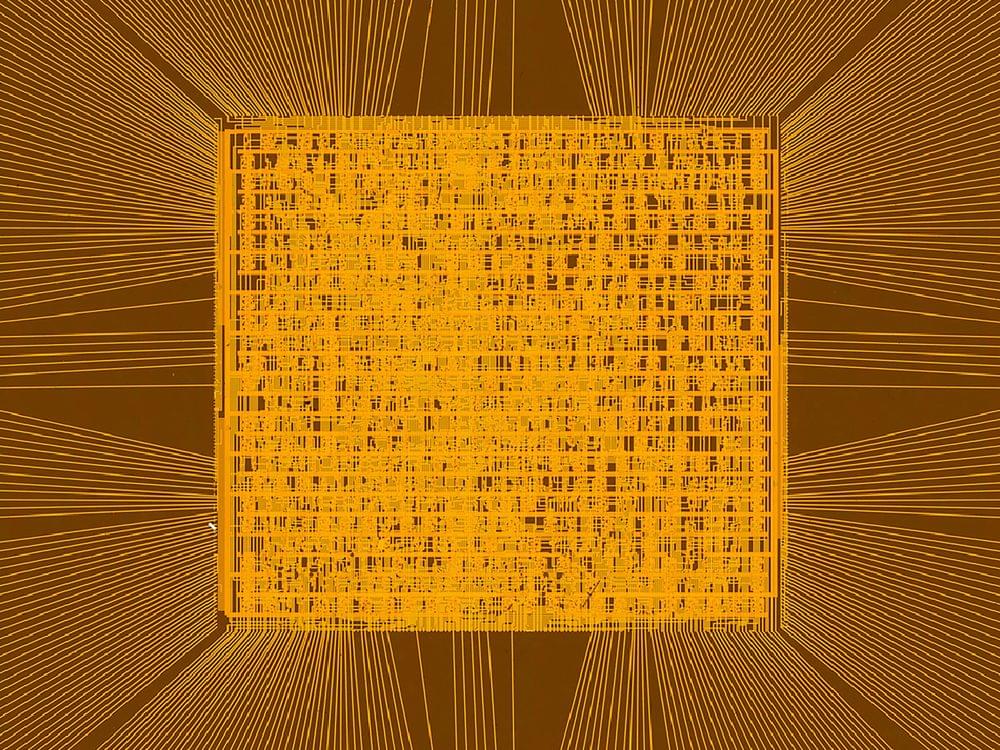Both the injectable and oral forms of semaglutide, a glucagon-like peptide-1 (GLP-1) receptor agonist, have recently gained attention for their effectiveness in managing weight gain, high blood sugar, and even reducing alcohol cravings.
A new clinical trial, co-led by endocrinologist and diabetes specialist John Buse, MD, PhD, and interventional cardiologist Matthew Cavender, MD, MPH, at the UNC School of Medicine, has demonstrated that the oral form of semaglutide significantly lowers the risk of cardiovascular events in individuals with type 2 diabetes, atherosclerotic cardiovascular disease.
Cardiovascular disease (CVD) encompasses a range of disorders affecting the heart and blood vessels, including coronary artery disease, heart attack, stroke, and hypertension. These conditions are primarily driven by atherosclerosis, a process where plaque builds up in the arterial walls, leading to narrowed or blocked arteries. Risk factors include smoking, unhealthy diet, lack of exercise, obesity, and genetic predisposition. CVD remains a leading cause of global mortality, emphasizing the importance of lifestyle changes, medical interventions, and preventive measures in managing and reducing the risk of heart-related illnesses.
